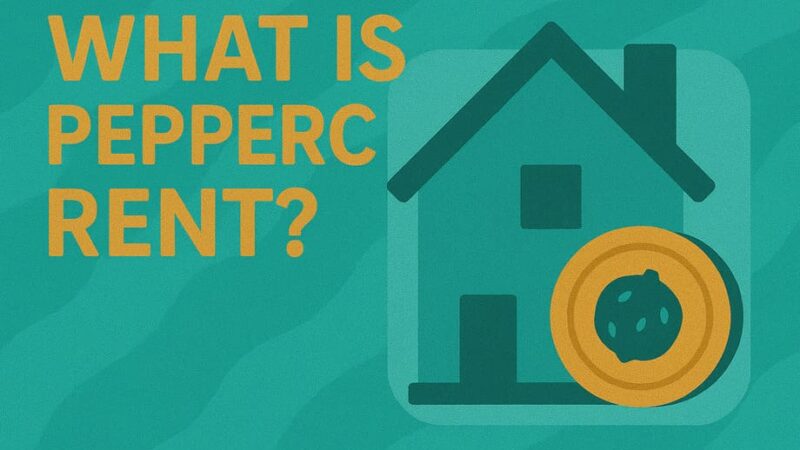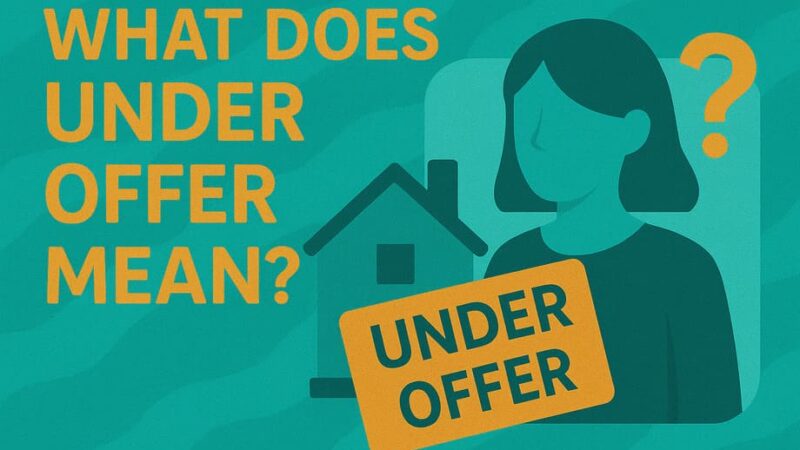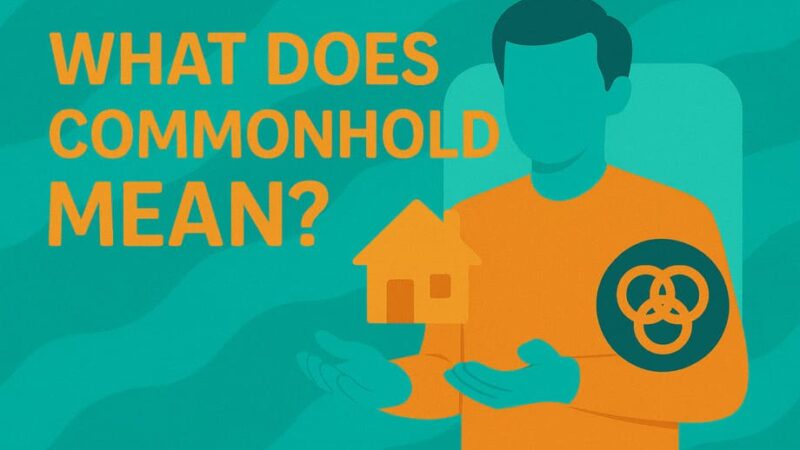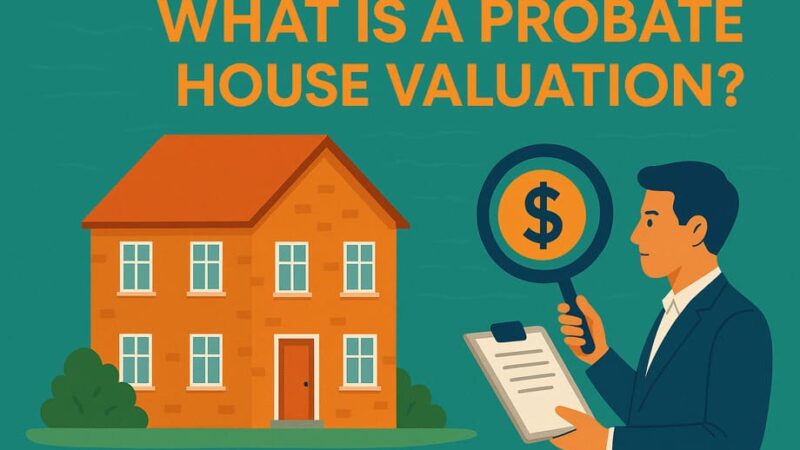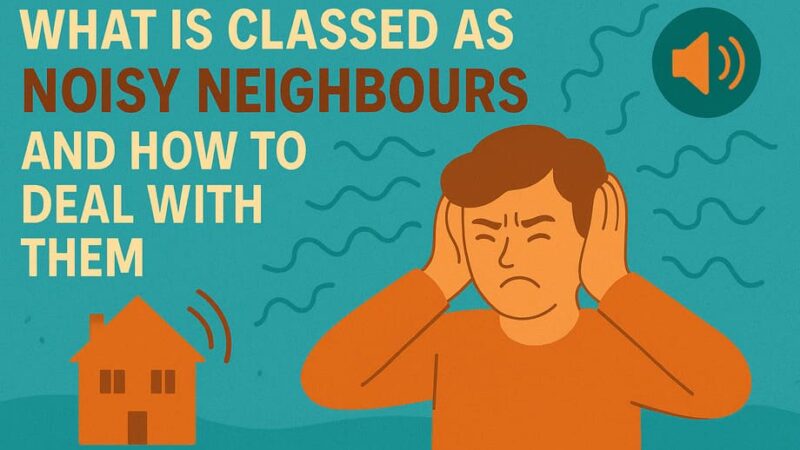What Is Chancel Repair Liability? A Complete Guide for UK Homeowners
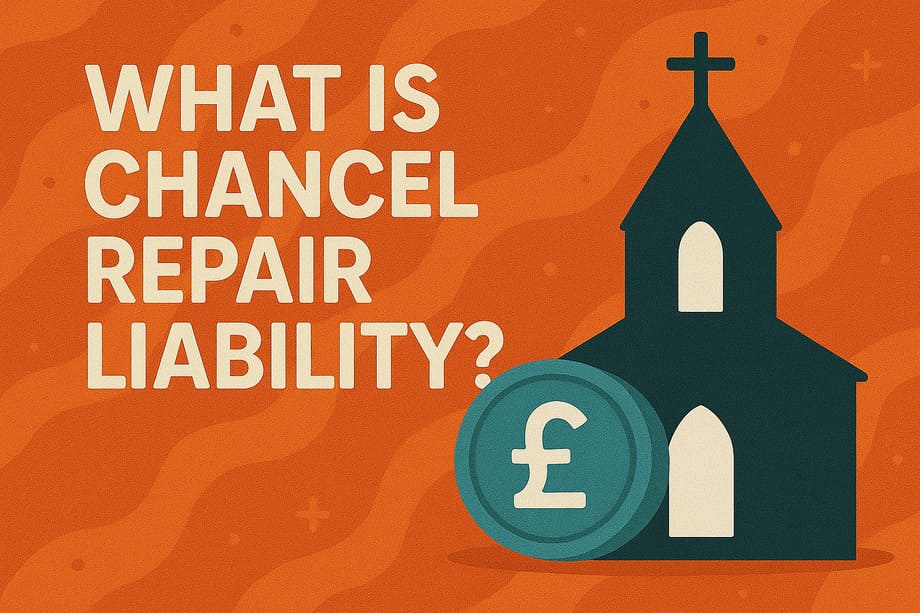
Chancel repair liability represents an ancient legal obligation that can impose significant financial responsibilities on certain property owners in England and Wales. This medieval law, originating from the reign of Henry VIII, requires some landowners to fund repairs to their local Anglican parish church’s chancel, potentially costing tens or even hundreds of thousands of pounds.
If you’re buying or already own property in England or Wales, understanding whether your house is liable for chancel repair is crucial. This comprehensive guide explains what chancel repair liability means, how to determine if your property is affected, and what steps you can take to protect yourself financially.
Understanding Chancel Repair Liability
Chancel repair liability is a perpetual legal obligation requiring some property owners to contribute toward the cost of repairing the chancel of their local parish church. The chancel is the eastern portion of a church building where the altar sits and where the priest and choir typically gather during services.
This liability dates back to medieval times when parish rectors held responsibility for maintaining the chancel of their church, while congregation members maintained the rest of the building. Rectors funded these repairs through tithes, which were local taxes attached to specific parcels of land.
Over the centuries, monasteries and religious institutions often acquired rectorial land along with the attached chancel repair responsibilities. When Henry VIII dissolved the monasteries in 1534, these properties and their associated liabilities were sold to private individuals who became known as lay rectors or lay impropriators.
The crucial point is that chancel repair liability remained attached to the land itself, not to the individuals who owned it. This means the obligation has passed from owner to owner through subsequent property transactions, persisting to the present day despite the land being subdivided and developed numerous times.
Is My House Liable for Chancel Repair?
Determining whether your property carries chancel repair liability is not always straightforward. Your house may be liable if it sits on land that was once part of rectorial property associated with a pre-Reformation church.
Properties Most at Risk
Your property is more likely to be affected by chancel repair liability if:
Geographic Location: The property falls within the boundaries of one of approximately 5,200 parishes in England and Wales where this liability exists, primarily those with churches built before 1536.
Historical Land Use: The land was once owned by monasteries, religious institutions, or formed part of rectorial glebe (church-owned agricultural land) before being sold into private ownership.
Purchase Date: You purchased the property before October 2013, when new registration requirements came into effect, or you inherited or received the property as a gift after that date.
Proximity to Medieval Churches: While not a definitive indicator, properties near pre-Reformation churches face higher risk, though liability can extend surprising distances from the actual church building.
The Critical 2013 Law Change
The Land Registration Act 2002 brought significant changes to chancel repair liability, with a crucial deadline of 13 October 2013. From this date, Parochial Church Councils were required to register their chancel repair rights as notices on affected property titles at the Land Registry.
However, this deadline created a complex situation:
For Registered Properties: If a church did not register a notice by 13 October 2013, they lost their right to enforce liability against anyone who subsequently purchased the property for valuable consideration (meaning money or something of value, not a gift). However, they can still register a notice at any time before such a sale occurs.
For Unregistered Properties: Approximately 13 percent of land in England and Wales remains unregistered. Churches can register a caution against first registration of this land, which alerts them when someone applies to register the property, giving them opportunity to protect their rights.
For Gifted or Inherited Properties: If you received your property as a gift or inheritance after 13 October 2013, even if purchased land would be protected, you may still be liable because the “valuable consideration” exemption does not apply.
How Chancel Repair Liability Works
Understanding the mechanics of this liability helps explain why it creates such concern among property owners:
Joint and Several Liability: If multiple properties in an area share liability for the same church, the Parochial Church Council can pursue any single property owner for the entire repair cost. This means even if your property is just one of dozens with shared liability, you could receive a demand for the full amount.
No Proportional Allocation: The church is not required to divide costs proportionally among all liable property owners. They typically approach the owner they believe most capable of paying, leaving that individual to seek contributions from other liable parties.
Unlimited Duration: Chancel repair liability has no expiration date. It continues indefinitely unless formally extinguished through specific legal processes.
Substantial Repair Standard: Courts have established that churches can require more than just basic weatherproofing. Properties may be liable for repairs that keep the chancel in “substantial repair,” potentially including extensive restoration work.
The Famous Wallbank Case
The 2003 case of Parochial Church Council of Aston Cantlow and Wilmcote v Wallbank brought chancel repair liability into the spotlight after decades of dormancy. Andrew and Gail Wallbank inherited a farmhouse called Glebe Farm in Warwickshire, which sat on former rectorial land.
The local Parochial Church Council demanded the Wallbanks pay for chancel repairs to St John the Baptist church. What began as a £6,000 repair estimate escalated dramatically as the legal battle progressed through the courts over seven years.
The House of Lords ultimately ruled against the Wallbanks, finding them liable for chancel repairs exceeding £100,000. Combined with legal costs approaching £300,000, the total bill reached approximately £400,000. The couple had no choice but to sell their home to cover these expenses.
This landmark case demonstrated several important principles:
- Chancel repair liability remains legally enforceable despite its medieval origins
- Courts will uphold these obligations even when property owners were unaware of them
- The financial consequences can be devastating for individual homeowners
- Parochial Church Councils, as charities, have duties to consider enforcing these rights
The Wallbank case prompted significant changes in conveyancing practices, with solicitors now routinely advising clients about chancel repair risk and recommending protective insurance.
How to Check If Your Property Is Liable
Several methods exist for determining whether your property faces chancel repair liability exposure.
Check Your Property Title Deeds
Begin by obtaining your property’s title deeds from HM Land Registry. For registered properties, these documents reveal whether a chancel repair liability notice appears on your title. You can order official copies online through the Land Registry website for a small fee.
If you find a notice registered, this confirms the Parochial Church Council has protected its right to enforce liability. However, the absence of a notice does not necessarily mean safety, particularly if you purchased before October 2013 or inherited the property.
Request a Chancel Repair Search
Professional chancel repair searches, typically costing between £20 and £100, come in two varieties:
Basic Chancel Check: Identifies whether your property falls within a parish where chancel repair liability potentially exists, indicating a certain level of risk.
Full Chancel Search: A more thorough investigation attempts to determine whether your actual property lies on historically liable land through researching historical records and tithe maps.
Your conveyancing solicitor should recommend appropriate searches when you purchase property.
Consult Historical Records
The National Archives holds extensive records including tithe apportionment maps from 1836, enclosure awards, and glebe land transfers. However, researching these requires expertise, and many property owners find professional assistance helpful.
Chancel Repair Liability Insurance
Taking out chancel repair indemnity insurance offers the most practical protection against potential liability. This specialized insurance covers costs if the Parochial Church Council makes a demand against your property.
Types of Chancel Repair Insurance
Two distinct types of chancel indemnity insurance exist:
No Search Chancel Indemnity: This policy covers situations where no search has been conducted and you remain unaware of any specific liability. The insurance protects against the possibility that liability exists without your knowledge. This type typically costs as little as £20 to £50 for standard residential properties.
Known Liability Insurance: If searches or other evidence reveal that your property is liable, or the church has already registered a notice, you can still obtain insurance. However, premiums will be substantially higher, potentially costing hundreds of pounds depending on the property value and indemnity level.
How Chancel Insurance Works
Unlike standard home insurance requiring annual premiums, chancel repair indemnity insurance involves a single one-off payment. The policy terms vary, with some providing cover for:
- 25 years
- The duration of your ownership
- Perpetually, even passing to future owners
Typical coverage limits range from £100,000 to £3,000,000, with premiums scaling according to the indemnity amount. Most residential properties need £100,000 to £250,000 coverage, which costs between £25 and £100 for a no-search policy.
When Insurance Cannot Be Obtained
Certain circumstances prevent you from obtaining chancel repair indemnity insurance:
Active Repair Demands: If the church has already contacted you about chancel repairs, insurers will not provide cover.
Known Ongoing Repairs: When you know the church is actively planning or conducting repairs to the chancel, insurance becomes unavailable.
Previous Claims: If claims have been made against your property in the past, obtaining new coverage may prove difficult or impossible.
This is why arranging insurance proactively, preferably when purchasing the property, provides the best protection. Waiting until a problem emerges leaves you exposed.
Who Should Purchase Chancel Repair Insurance?
Several situations make taking out this insurance particularly advisable:
- You are buying a property and searches indicate potential risk
- Your property is in or near a parish with a pre-Reformation church
- You own property purchased before October 2013 that has not changed hands since
- You inherited or received property as a gift after October 2013
- Your mortgage lender requires it as a condition of your loan
- Peace of mind matters to you, even if the risk appears remote
Many conveyancing solicitors recommend chancel insurance as standard practice for affected areas, viewing the modest premium as worthwhile protection against potentially catastrophic liability.
What Happens If You Receive a Chancel Repair Demand?
If a Parochial Church Council contacts you about chancel repairs, take immediate action:
Contact Your Insurers Immediately
If you hold chancel repair indemnity insurance, notify your insurer without delay. They will handle the claim, including any negotiations with the church and payment of valid repair costs up to your policy limit.
Seek Legal Advice Promptly
Without insurance, consult a property solicitor experienced in chancel repair matters as soon as possible. They can:
- Verify whether liability actually exists
- Challenge any improper demands
- Negotiate with the church on your behalf
- Explore whether other liable parties should contribute
- Assess whether your previous conveyancer failed in their duties
Review Your Property Purchase
If you only recently purchased your property, investigate whether your conveyancing solicitor adequately advised you about chancel repair risk. If they failed to conduct appropriate searches, recommend insurance, or properly explain the implications, you may have grounds for a professional negligence claim against them.
Most solicitors carry professional indemnity insurance covering such claims, potentially providing a route to recover costs even if you lack specific chancel insurance.
Consider Negotiating with the Church
Parochial Church Councils are charities with duties to act reasonably and consider pastoral implications of enforcing liability. The Church of England specifically advises councils to weigh:
- Financial hardship enforcement might cause
- Impact on community relations and church mission
- Whether the liable party is a tiny fraction of the whole cost
- Alternative funding sources for repairs
Some councils agree to reduced payments, payment plans, or even decide not to pursue claims in certain circumstances. However, they are under no legal obligation to compromise.
Church Responsibilities and Considerations
Parochial Church Councils are registered charities whose members act as trustees with duties to manage church assets appropriately. Where chancel repair liability exists, the right to enforce it constitutes a church asset requiring proper management.
Churches face financial pressures including significant maintenance costs with declining congregations. Heritage funding bodies may refuse grants if churches have not explored enforcing liability. However, the Church of England advises councils to carefully consider pastoral implications, including hardship enforcement might cause to property owners and impact on community relationships.
Individual PCCs make their own decisions based on local circumstances, balancing financial needs against pastoral responsibilities.
Protecting Yourself When Buying Property
If you are purchasing property, several steps help minimize chancel repair risk:
Ensure Comprehensive Searches
Instruct your conveyancing solicitor to conduct appropriate chancel repair searches, particularly if the property is:
- Located in a parish with a pre-Reformation church
- Within areas historically associated with rectorial land
- Unregistered or not transferred for valuable consideration since October 2013
While searches add to conveyancing costs, they pale in comparison to potential liability.
Review Search Results Carefully
If searches reveal potential risk, discuss the implications thoroughly with your solicitor. Understand:
- The level of risk identified
- What further investigations might clarify the position
- Insurance options and costs
- Whether this should affect your purchase decision
Arrange Insurance Before Exchange
If appropriate, secure chancel repair indemnity insurance before exchanging contracts on your purchase. This ensures protection is in place before you become legally committed to buying the property.
Your solicitor can usually arrange insurance on your behalf, often at competitive rates through their professional contacts.
Negotiate with the Seller
If significant chancel repair liability exists, consider:
- Requesting the seller pay for indemnity insurance
- Negotiating a price reduction to reflect the liability
- Including specific contractual protections in your purchase agreement
Sellers may prefer to address the issue rather than risk losing the sale or facing problems with future buyers.
Verify Priority Searches
Your solicitor should obtain a priority search from the Land Registry immediately before completion. This thirty-day protection period prevents the church from registering a notice that would affect your purchase, provided completion occurs within the protected window.
Changes and Future Developments
The Law Commission recommended abolishing chancel repair liability in 1985. In 2014, the Chancel Repairs Bill aimed to eliminate the liability but never progressed beyond initial stages.
Until Parliament acts, chancel repair liability remains enforceable under the Chancel Repairs Act 1932 and Land Registration Act 2002. Property owners must continue protecting themselves through appropriate searches and insurance.
Experts expect liability to gradually fade as more properties change hands for valuable consideration after October 2013, though liability will persist indefinitely for some properties, particularly those inherited or gifted.
Common Questions About Chancel Repair Liability
Can Liability Affect Commercial Properties? Yes, chancel repair liability attaches to land regardless of current use. Commercial properties, farmland, and residential properties can all be liable if built on former rectorial land.
Does Leasehold Property Face This Liability? The liability typically attaches to freehold rather than leasehold interests, making freeholders responsible. However, lease terms sometimes attempt to pass liability to leaseholders.
How Many Properties Are Affected? Approximately 12,000 properties had notices registered by October 2013. However, the true number of potentially affected properties possibly reaches tens of thousands when considering unregistered land.
Can I Challenge a Demand? Yes. Challenges might include disputing whether the land was rectorial, arguing the church failed to properly register rights, or claiming the property transferred for valuable consideration after October 2013. Legal advice is essential.
Conclusion
Chancel repair liability represents an unusual survival of medieval law into modern property ownership. While the 2013 reforms reduced risk for many purchasers, the liability remains real and potentially devastating for affected property owners.
The key steps for protecting yourself include:
- Understanding whether your property might face exposure
- Conducting appropriate searches when buying property
- Taking out indemnity insurance where advisable
- Responding promptly and appropriately if contacted by a church
- Ensuring your conveyancing solicitor adequately addresses the issue
While the likelihood of actually facing a demand remains relatively low, the potential consequences are severe enough to warrant taking this ancient liability seriously. The modest cost of searches and insurance provides valuable peace of mind against what could otherwise become a financial catastrophe.
For existing homeowners who purchased before chancel repair awareness became widespread, reviewing your potential exposure and considering retrospective insurance may be worthwhile, particularly if your property sits in a parish with a pre-Reformation church facing significant repair needs.
As the law stands, chancel repair liability will continue affecting some property owners for the foreseeable future, making understanding and managing this risk an important aspect of property ownership in England and Wales.
Need advice about chancel repair liability? Consult a qualified conveyancing solicitor who can assess your specific situation and recommend appropriate protective measures for your property.
Last Updated on October 23, 2025 by James Cartwright


